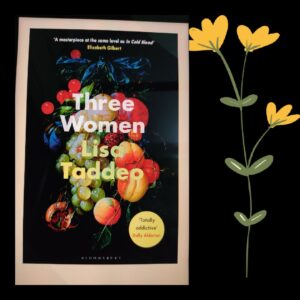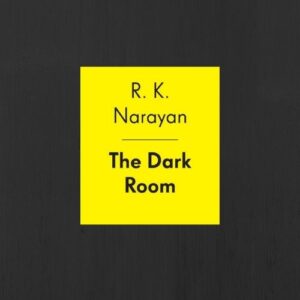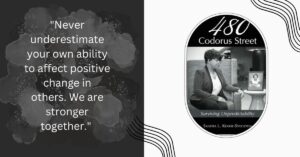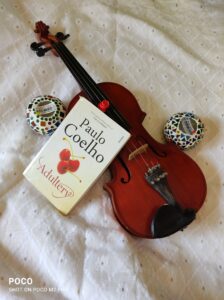
Aspects of the Novel (1927) by E.M. Forster
-
Series of lectures on the English language novel delivered by E.M. Forster at Trinity College, Cambridge in 1927.
-
He discusses seven aspects of the novel:
-
Story
-
Character
-
Plot
-
Fantasy
-
Prophecy
-
Pattern
-
Rhythm
-
The novel is not a process of historical development. A novel tells a story that must be built around suspense. A good novel must include a sense of value. The Antiquary by Walter Scott follows suspense but no sense of value. Tolstoy‘s War and Peace include value.
-
For the success of the novel, both “flat” and “round” characters have the same importance. Forster mentions “homo sapiens” real people and “homo fictus” characters in the novel.
-
Foster distinguishes between a flat character and a round character. Flat characters are relatively straightforward. Round characters are more complex and developed.
-
Dickens‘s all characters are flat. Leo Tolstoy and Fyodor Dostoyevski‘s characters are round.
-
The plot creates the effect of suspense. The plot is the narrative of events over time. Readers with their power of intelligence and memory understand the plot. Forster mentions George Meredith as one of the greatest masters of the plot and Thomas Hardy as a novelist whose plots are heavily structured to fit the characters.
-
Fantasy and Prophecy provide a sense of universality and spirituality, the central aspect of the novel. Laurence Sterne’s novel Tristram Shandy includes the implication of supernatural elements though not directly include them. He mentions some common devices of fantasy like God, ghosts, angels, monster witches etc. Again no man’s land, the future, or the core of Earth all add to the supernatural elements of the novel. He also discusses the device of parody and adaptation as elements of fantasy. He mentions Henry Fielding‘s Joseph Andrews which began as a parody of Richardson‘s Pamela. He points to James Joyce’s Ulysses which is an adaptation of the ancient text the Odyssey, based on the Greek myth.
-
According to Forster the aspect of Prophecy in a novel is the “tone of a voice”. Prophecy demands of the reader both “humility” and “the suspension of a sense of humour.” He brings a comparison between Dostoevsky and George Eliot. Both of them express a vision of the universal in their novels. But Eliot ends up being preachy whereas Dostoevsky successfully expresses a “prophetic song” without preaching.
-
Forster mentions Dostoevsky, Melville, D.H. Lawrence and Emily Bronte as four novelists who succeeded in creating prophetic novels.
-
Pattern and Rhythm: The pattern is visual art in the novel. He describes the narrative pattern of Anatole France’s Thais as an hourglass pattern and Percy Lubbock’s Roman Pictures as a chain pattern. These patterns add an aesthetic quality to the novel. Henry James’s The Ambassadors projects an hourglass pattern.
-
Forster concludes that the problem of pattern in novels is that it “shuts the door on life.”
-
Rhythm: Rhythm according to Forster is “repetition plus variation”. It is better suited to the novel than the pattern. Marcel Proust’s novel Remembrance of Things Past is an example of the successful use of rhythm. Rhythm provides a more open-ended narrative structure without sacrificing character.
-
Forster concludes that the development of novels defines the development of humanity. He was so hopeful in his Aspects of Novel regarding the future of the novel.
-
Key figures he mentioned in his Aspects of Novel are Jane Austen, Sir Max Beerbohm, Arnold Bennet, Charlotte Bronte, Emily Bronte, Daniel Defoe, Charles Dickens, George Eliot, Henry Fielding, Anatole France, David Garnett, James Joyce, D.H.Lawrence, Sir Walter Scott, Gertrude Stein, Laurence Sterne, Leo Tolstoy, Virginia Woolf, H.G. Wells, Marcel Proust, Samuel Richardson, George Meredith, Fyodor Dostoyevski, Norman Douglas, Andre Gide, Oliver Goldsmith, Thomas Hardy, Henry James, Henry James, Herman Melville, George Meredith, H.G. Wells, Virginia Woolf.







